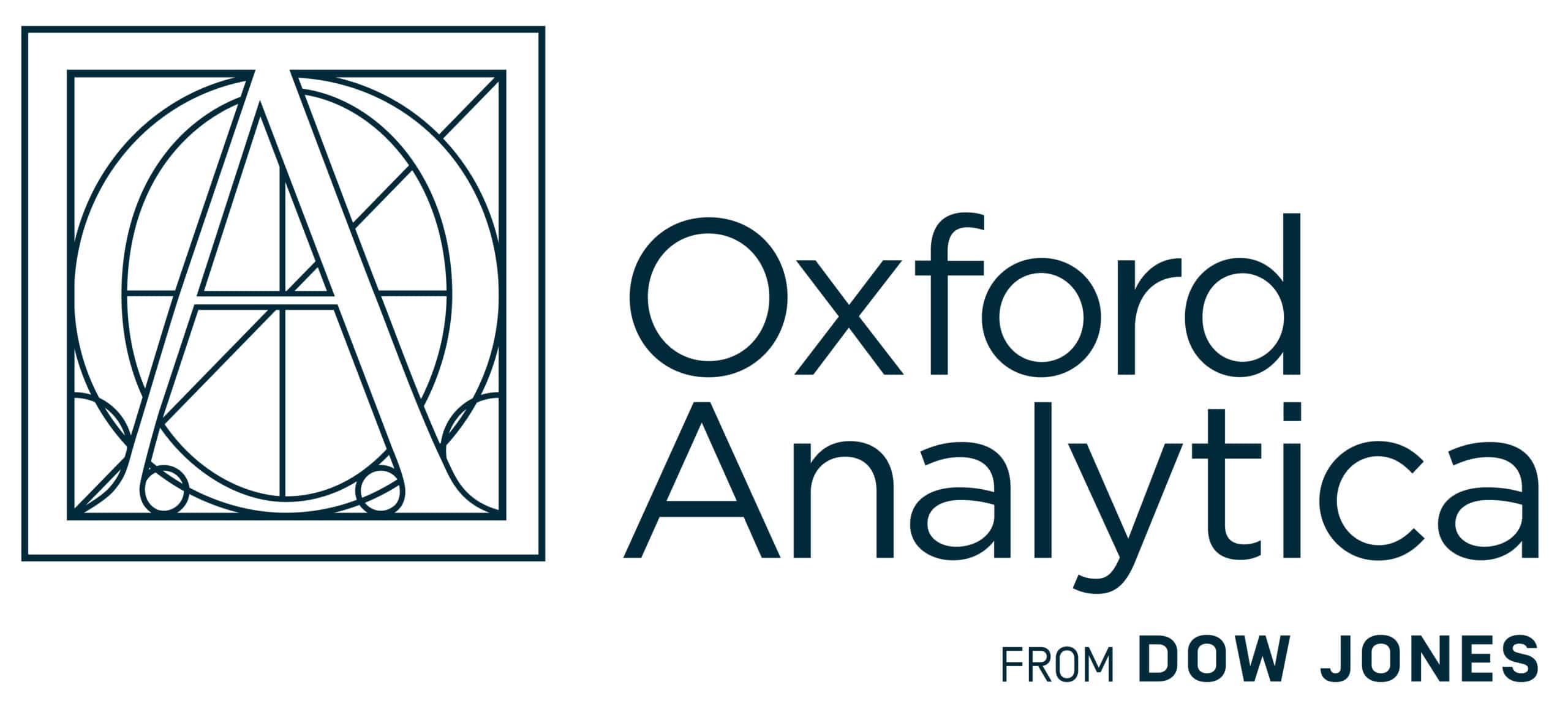The country is increasingly politically fractured, and it is suffering an economic crisis and major war-related damage
Newly elected President Joseph Aoun yesterday called upon Nawaf Salam, president of the International Court of Justice (ICJ), to form a new government after receiving the endorsement of a majority of lawmakers. Hezbollah had sought the re-appointment of caretaker Prime Minister Najib Mikati; its MP Mohammed Raad immediately reacted claiming the group’s opponents sought its exclusion. Emboldened by Aoun’s election, the opposition had put forward Salam to push for reforms that could trigger foreign aid. Developments suggest a shift in the balance of strength, and indicate that Lebanon is increasingly aligning with US and Saudi regional interests.
What next
Subsidiary Impacts
- Declining Iranian support and Hezbollah’s poor state will hamper compensation to the group’s Shia supporters for war-related damage.
- Syria’s new leadership is unlikely to regain the country’s former influence in Lebanon.
- Saudi Arabia will position itself to lead Lebanon’s economic recovery.
- Ageing and lacking charisma, Hezbollah’s leader Naim Qassem will struggle to live up to his predecessor Hassan Nasrallah’s legacy.
Analysis
After a vacuum of over two years in the presidency, Lebanon’s parliament on January 9 elected the Lebanese Armed Forces (LAF) commander Joseph Aoun. He is the country’s 14th president and the fourth head of the LAF to be elected president in the past 40 years.
Several factors led to the breakthrough. Those include the military defeat and political weakening of Hezbollah in its war with Israel and the fall of President Bashar al-Assad in Syria. Domestically, these developments cohered with a broad realisation of the need for new political momentum to help Lebanon out of its economic crisis. This helped alter the calculations of Hezbollah and its allies, who had previously supported Suleiman Franjieh. The latter is a long-term Hezbollah and Assad ally.
The United States and Saudi Arabia, along with Egypt, Qatar and France, had tried for over two years to end the presidential void. After the ceasefire between Israel and Hezbollah in November, 2024, these countries used the realignments in Lebanese politics to build a consensus around Aoun, crafting a deal that brought him to office.
Meanwhile, the prospective turbulence that Donald Trump’s presidency in the United States could cause in the region further incentivised Lebanon’s politicians to stabilise their country now.
A popular figure
As head of the LAF for the past seven years, Aoun is widely seen within Lebanon as a competent and moderate leader.
As his first task in 2017, Aoun led the LAF to victory against Islamic State in northeast Lebanon in just over a week.
During the popular uprising and protests that followed the economic collapse in October, 2019, Aoun defied the orders of then President Michel Aoun and other leaders to have the LAF drive protesters off the streets. His leniency had given him wide backing from reformists and many ordinary Lebanese. Aoun also held the LAF together as a coherent entity despite massive inflation, which had resulted in dwindling salaries and pensions for soldiers, triggering protests and desertions.
Most importantly, he maintains a line of communication with Hezbollah’s leadership. This will be crucial in the coming period. His proximity to Washington continues to draw criticism from sections of Hezbollah, who view the LAF’s warm ties to the United States and the US military with suspicion.
Hezbollah’s strategic defeat
Although Aoun is seen as a compromise candidate with good relations with both Hezbollah and the United States, his election signals a change in Lebanese politics away from the hegemonic position the group has held at least since its 2006 war with Israel.
The death of Hezbollah’s strong leader Hassan Nasrallah, along with major losses in its leadership, personnel and arms have resulted in declining support and power in the Lebanese political system. Hezbollah ally and Speaker of Parliament Nabih Berri has increasingly emerged as the new leader of the Shia community, moving his Amal movement closer to the centre in Lebanese politics.
International oversight over Lebanon’s land, air and sea routes is also putting significant pressure on Hezbollah. It no longer controls security at Beirut International Airport nor on Lebanon’s border with Syria.
However, by delaying the second round of elections for two hours on election day, the Shia duo — Hezbollah and the Amal movement — signalled that, while they may have lost influence, the election of a consensual president could not happen without them.
Nonetheless, in his inaugural address, Aoun said he would work to “confirm the state’s right to monopolise the carrying of weapons”, underscoring the pressure that Hezbollah could face in the coming phase. Salam’s appointment as prime minister further reflects the shift in political strength away from Hezbollah.
Aoun’s priorities
Aoun takes office at a time when Lebanon is grappling with multiple crises. His inaugural speech and press interviews signal that he will prioritise national consensus and stability as the basis for addressing economic, security and political reform issues.
Post-war reconstruction and the economy
The economy, which crashed dramatically in October 2019, has shown little sign of revival. Lebanon’s lawmakers have consistently failed to pass the necessary reforms that would unlock international financial aid. Politicians fear that those very reforms would undermine their lucrative position in the economy. Aoun will support reforms with respect to transparency and governance as well as increased public oversight to combat corruption.
Aoun’s immediate attention will be securing recovery aid after the devastating war between Hezbollah and Israel. An initial assessment by the World Bank estimates that the war caused around USD8.5bn worth of damage, and that more than 166,000 jobs have been lost.
Government formation
A new government will determine Aoun’s leeway to enact reforms, including the appointment of key civil service personnel, preparing for the 2026 parliamentary elections, strengthening the military and security apparatus, securing Lebanon’s borders and reconstructing areas devastated in the war. To succeed with this long agenda, Aoun will need a prime minister open to reforms.
Besides being president of the ICJ since February 2024, Salam is formerly Lebanon’s ambassador to the UN. He is close to the protest movement of 2019 and has the backing of several powerful factions including the anti-Hezbollah Christian Lebanese Forces and the whole reformist bloc in parliament. His endorsement by a large majority probably gives him a mandate to enact reforms.
Hezbollah’s weapons
The key issue in the medium term will be a national security dialogue to discuss the integration of Hezbollah’s arms into the LAF in accordance with UN Security Council Resolution 1559 of 2006. Hezbollah will likely continue to resist this, but Aoun could use the dialogue as leverage to achieve a new national security agreement that would formalise the relationship between Hezbollah and the LAF.



